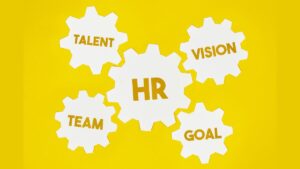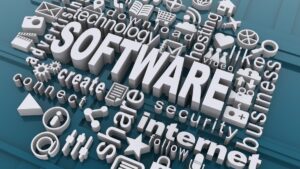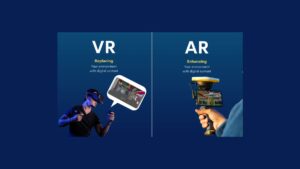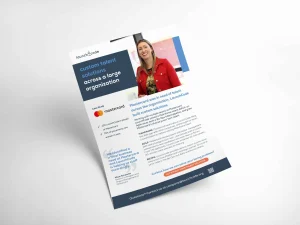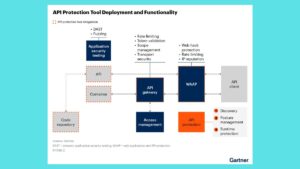Why It’s Time for HR Business Partners 2.0

In today’s rapidly evolving business landscape, the role of the HR Business Partner (HRBP) is more critical than ever. Traditional HRBP functions—focusing on administrative tasks, compliance, and basic employee relations—are being outpaced by the demands of modern organizations. As businesses navigate complex challenges and strive for competitive advantages, it’s clear that HRBPs need to evolve. Welcome to HR Business Partners 2.0: a new paradigm for the HRBP role that emphasizes strategic influence, data-driven decision-making, and proactive leadership.
1. The Changing Business Landscape
The pace of change in the business world is accelerating. From technological advancements to shifting workforce demographics, organizations are facing unprecedented challenges. Companies are no longer just looking for HRBPs who can handle day-to-day operations. Instead, they need strategic partners who can anticipate future needs, align HR practices with business goals, and drive transformation.
2. From Administrative Support to Strategic Partner
Historically, HRBPs were often seen as administrators or support staff. However, the new HRBP role—HRBP 2.0—requires a shift from administrative support to strategic partnership. HRBPs 2.0 are expected to:
- Align HR Strategy with Business Goals: HRBPs 2.0 need to work closely with leadership teams to ensure HR strategies are closely aligned with overall business objectives. This involves understanding market trends, business challenges, and strategic priorities.
- Drive Organizational Change: Whether it’s leading cultural transformations, implementing new technologies, or redesigning organizational structures, HRBPs 2.0 play a crucial role in managing and driving change.
- Develop Talent and Leadership: Instead of just managing employee relations, HRBPs 2.0 focus on building a strong talent pipeline, developing leadership skills, and ensuring that the organization has the right people in the right roles.
3. Embracing Data-Driven Decision-Making
In the era of big data, HRBPs 2.0 must harness data analytics to make informed decisions. This involves:
- Utilizing Workforce Analytics: By analyzing employee data, HRBPs can identify trends, predict turnover, and assess the effectiveness of HR initiatives.
- Measuring ROI of HR Programs: HRBPs 2.0 need to evaluate the impact of HR programs on business outcomes. This means moving beyond anecdotal evidence and focusing on quantifiable metrics.
- Personalizing Employee Experiences: Data allows HRBPs to tailor employee experiences, from onboarding to career development, enhancing engagement and retention.
4. Cultivating a Proactive Mindset
Being proactive is a hallmark of HRBP 2.0. Rather than reacting to issues as they arise, HRBPs 2.0 anticipate potential challenges and opportunities. This involves:
- Staying Ahead of Industry Trends: HRBPs 2.0 keep abreast of industry developments, emerging technologies, and evolving best practices to ensure their organizations remain competitive.
- Fostering Innovation: By encouraging a culture of innovation, HRBPs can help organizations adapt to changes and seize new opportunities.
- Building Strong Relationships: Proactive HRBPs build strong relationships with both employees and leadership, ensuring they are well-positioned to address concerns and influence decisions.
5. Enhancing Skills for the Future
To thrive in the HRBP 2.0 role, HR professionals need to develop new skills and competencies, including:
- Strategic Thinking: HRBPs must be able to think strategically, understanding how HR decisions impact overall business goals.
- Data Literacy: Proficiency in data analysis and interpretation is essential for making evidence-based decisions.
- Change Management: Skills in change management are crucial for leading organizational transformations and navigating complex change initiatives.
- Leadership and Influence: HRBPs 2.0 need strong leadership skills to influence senior management and drive HR initiatives across the organization.
Conclusion
The HR Business Partner role is undergoing a significant transformation. HRBPs 2.0 are no longer just administrators but are strategic partners, data-driven decision-makers, and proactive leaders. As organizations continue to evolve, HRBPs must embrace this new paradigm to drive business success, enhance employee experiences, and lead organizational change. It’s time for HR professionals to step into the HRBP 2.0 role and unlock their full potential in shaping the future of work.

